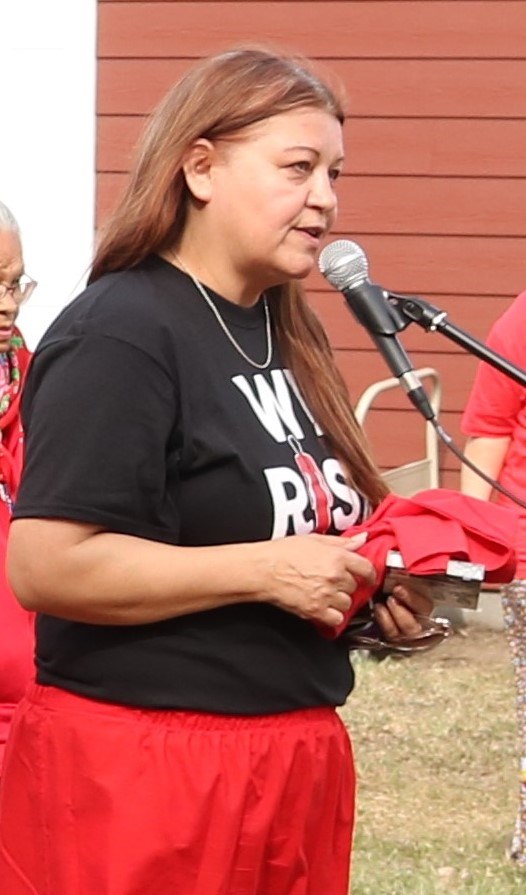YORKTON - National Indigenous Peoples Day will be marked June 21, a day Isabel O’Soup Tribal Chief of YTC is important as a symbol of change.
Asked why the day should be celebrated, she said because having the day shows progress for Indigenous peoples.
“We’ve never had it before . . . to be fully recognized by the federal government,” she said.
With that recognition comes some responsibility though.
“We can’t not celebrate it,” said O’Soup, adding First Nations should celebrate that they are finally getting the recognition. “. . . We have to honour it.”
So does that mean all Canadians?
Yes, but O’Soup added, “I think it’s more important we (First Nations) celebrate it,” adding others are certainly welcome to take part too. “. . . Part of the goal is to bring everybody together.”
It is only through coming together to get to know each that people can become educated about the issues, said O’Soup, adding far too often assumptions are made rather than asking questions to learn the real answers.
“We just kind of assume everybody knows,” she said.
Coming together is a step in understanding.
“The more we congregate the more we learn,” said O’Soup.
O’Soup said it is a two-way street too. She recalled being asked to speak at a Doukhobor function and upon arriving she realized how little she knew of that culture, explaining to those gathered it would be like them being asked to suddenly judge a powwow.
Still, O’Soup says things are improving.
“Absolutely, they’re definitely better,” she said, adding there is a growing pride among First Nations people. “. . . Now we’re not ashamed to be First Nations people. That was not always the case. We can embrace our culture again and our traditions.”
But, it took a tragedy to push things along.
O’Soup said when the graves were discovered at the site of former residential schools it opened people’s eyes to the impact the schools had on First Nations children and their families.
With the discovery of the graves people have come to better understand the hardship of the schools, she said, adding children are a common ground for all cultures.
“We all have children,” said O’Soup, adding the discoveries have people asking “who could do that to a child?”
So is there a ‘next step’ O’Soup would hope for?
“I would really like the true history to be taught in schools,” she said after a moment of reflection, adding that means all public schools. “. . . Then we can grow up with the knowledge of why First Nations people are the way they are.”
Until that happens in schools, O’Soup said it’s up to each of us to better educate ourselves.
“Educate yourself. If you don’t know something, ask somebody. Be a little bit more aware. That goes for everybody,” she said.
National Indigenous Peoples Day is a day recognizing and celebrating the cultures and contributions of the First Nations, Inuit and Métis Indigenous peoples of Canada.
The day was first celebrated in 1996, after it was proclaimed that year by then Governor General of Canada Roméo LeBlanc.




.JPG;w=120;h=80;mode=crop)
.JPG;w=120;h=80;mode=crop)
